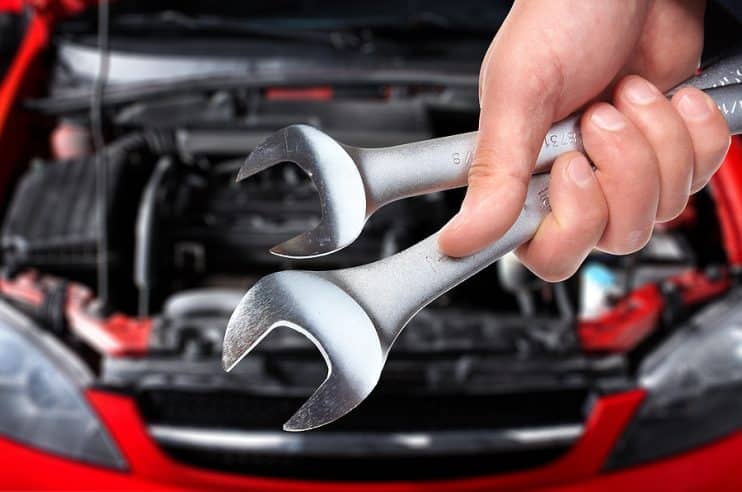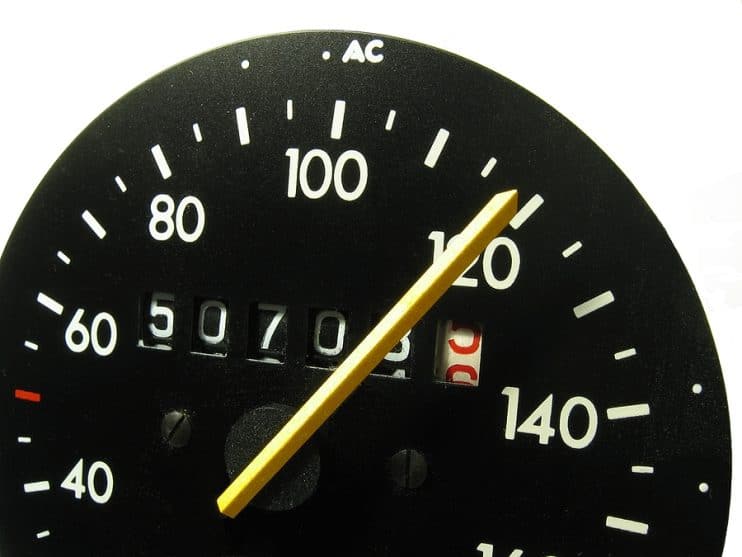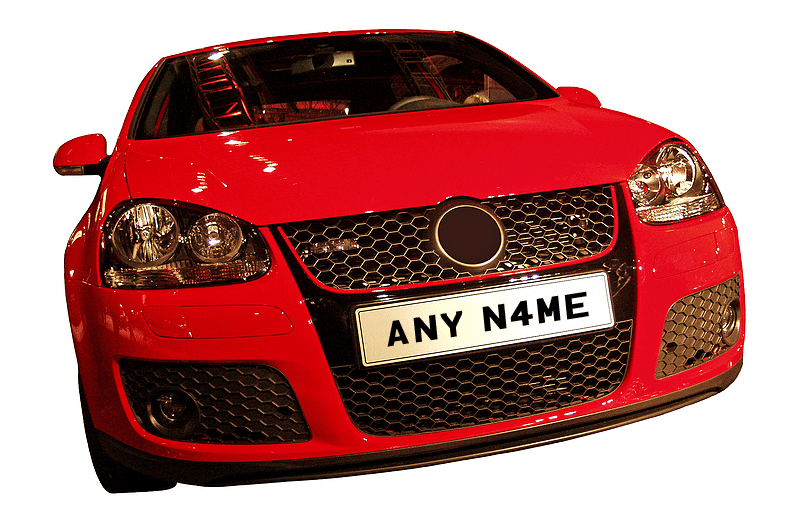
Hunting for used cars is a national past-time. Whether you’re in the market for a bargain, or are a collector trawling through barn finds and small ads, looking for that dream motor – you can find a huge selection of vehicles at some top notch prices. Most sellers are decent people, looking to run a business, or simply trade up on an old car, but this doesn’t mean mistakes can’t be made.
Cars are complex pieces of machinery with many working parts. And because of this there’s a lot that can go wrong. Sometimes, even with the best will in the world, vehicles will be sold with faults that go unnoticed by the seller. What can you do if you’ve bought a car that’s not working quite as expected – and more importantly – if you and the seller disagree on a mutual course of action, what does the law say?
Table of contents:
- Consumer Rights Act
- Faults, Repairs and Refunds
- Consumer Protection: Unfair Trading Standards
- Buying a Car
- Valid Reasons for Rejection
- Other Protections
- Conclusion
Consumer Rights Act
Any vehicle that you purchase from a professional business, is automatically covered by the Consumer Rights Act. This has the following statutes:
Satisfactory Quality
Anything sold in the UK has to meet the demands of satisfactory quality. This can be quite tricky to establish with second hand cars. However, you would expect a vehicle to not break down within two weeks of purchase, and a relatively new car should perform better than a considerably older model.
Fit for Purpose
Your purchased vehicle should work as expected. If it cannot perform the standard expected functions of a car, then it’s not fit for purpose. However if you have been clearly told and informed of a fault, such as a dodgy electrical window, or central locking not working properly, then you wouldn’t be able to claim under the consumer rights act.
As Described
If there are clear inconsistencies between the advertising and product descriptions of your vehicle, and the actual vehicle itself, such as a difference in engine capacity or year of manufacture, then the car has been illegally sold, and you should be entitled to a refund. On this basis it is important to keep records of all communications, and to ask sellers to put details in writing, giving you a paper trail of information if your new car doesn’t quite match the promises.

Faults, Repairs and Refunds
If you have found a problem with your car, then you can return it under the following rules:
Short Term Refund
Has the seller breached the terms of the consumer rights act? If this is the case, you should be able to return the car to them immediately, and request a refund. Dealers will have to prove that you either knew about the fault, or have caused the fault, to refuse the refund in this scenario.
30 day to 6 months
You can return your car to the dealership, and demand a refund, if you have found a fault in the first 30 days to 6 months. The onus of proof is on the dealer in this instance, requiring them to prove that the fault was not present in the car, However, under UK law the dealer should be given a reasonable right to repair the damage. Should the repair not be satisfactory then the buyer is allowed to demand a full refund.
Been driving the car around? The seller could in this instance factor in the wear and tear on the vehicle and deduct it from any refund.
After 6 months
The burden of proof passes onto the buyer after 6 months. You are still allowed to go back to the dealer, but now because you have been enjoying the car without complaint, it is assumed you were happy with it following your purchase.
Maximum time for a refund claim
Believe it or not you have up to 6 years to claim from the seller. As time passes however, claims are likely to become increasingly difficult, as it becomes harder to prove that the fault existed at time of sale.

Consumer Protection: Unfair Trading Standards
If a dealer has breached the Unfair Trading Standard Regulations (2008), then you can ask for a refund, repair or may even be entitled to damages in court, should the car purchase lead to other losses – such as the brakes failing, causing considerable damage to other cars or even property. These include:
Giving false information – in any format that misleads the buyer about the quality or specification of the car.
Giving incomplete information – or so called lying by omission. Leaving out important details about the condition of the car, such as checks, previous accidents, repairs or mileage details.
High pressure hard sales techniques – forcing the consumer to make decisions regarding finance, cover or warranty packages.
Failing to act in accordance with reasonable expectations of acceptable behaviour – for instance contravening industry standards.
Breaking specific codes of practice – such as claiming to be authorised by a public body, or falsely stating that there is only a limited time window when the car will be available.
Buying a car
Buying privately
Be careful when purchasing privately, as this will not afford you the same cover as doing business with a registered dealer. However there are several financial benefits to using a private seller, as prices tend to be lower, and you can pick up some clear bargains.
Two rules sellers must abide by include the seller being legally allowed to sell the vehicle (i.e. it’s not stolen or on finance for example) and it must match the description. We would always advise you to be cautious about meeting sellers – make sure you go to their address, and make a car check before you buy.
Finally, the car cannot be damaged and must be roadworthy. If it is not roadworthy, the seller is legally obliged to tell you, and the vehicle can only be purchased for scrap.
Buying from a Dealership
As with private sellers, a dealer must tell you if a car has problems. As they are a business, an official dealer will be subject to all the commercial rules listed at the start of the article. However, from a more practical point of view, we would advise you to always check the car thoroughly before you part with any money. Remember, even if you have breakdown cover or warranties, your rights are not affected, and you can still go back to the dealer if you believe the car had a pre-existing problem.
Buying Online
Purchasing online provides you with the same rights as purchasing from a dealer – including if you buy from an online auction. Your purchase is covered by The Consumer Contracts Regulations 2013, giving you the following rights:
Right of cancellation – you can simply cancel the sale up to 14 days after placing your order.
You must return – the vehicle within 14 days under the terms of the act to receive your refund.
The seller has 14 days – to process the refund from the date of your return.
Buying online from a private seller, gives you the same rights as buying directly from a private seller – including purchases from online auctions.
Buying from an Auction
Yes, auctions are the place to pick up a bargain. You get the excitement of bidding on a vehicle and getting the vehicle you want at a knockdown price can be an adrenaline rush. That’s why it’s so important not to get carried away in the moment, and forget the due diligence, as you’re afforded very few rights once money has changed hands.
Most auctions will have specific terms and conditions, dictating the arrangements behind the sales. You’ll find many vehicles are sold as seen, to avoid complications, which means you must inspect the car thoroughly before buying.
Also if the car is stolen or sold illegally, your arrangement will be with the seller, rather than the auction house. Check the paperwork for guarantees and cooling off periods, so you know the situation before you get on the floor and start making bids.

Valid Reasons for Rejection
The law only allows you to reject a car under the fit for purpose rules if it is actually defective. You’re not allowed to turn round and claim that the seat belts are uncomfortable or you’ve fallen out of love with the colour.
However, if there are minor faults with an older, high mileage car, the seller can claim this is fair wear and tear, if they are not impacting the operation of the vehicle. But this doesn’t mean they can fail to disclose important information – for instance, if the car has been in a major accident or has been clocked. Both valid reasons for demanding your cash back.
Other Protections
In addition to your own due diligence checks, you should be aware of the following:
Finance companies – purchased your vehicle on finance? In this case it will be the credit provider that is responsible for the sale rather than the dealer, if there are any problems.
Different types of card – can result in different purchasing rights. Use a credit card and the issuer and dealer may have joint liability under the Consumer Credit Act 1974.
Don’t rely on dealer checks – as these can often be sub-standard. If you are intent on buying a car and want to be sure that it’s of sufficient quality, and there are no skeletons in the carburettor, then perform an HPI check.
Citizen’s advice bureau – get help from the experts if you’ve had a bad experience. Make sure you get professional legal advice before you go charging back into a dealership. Knowing your rights will allow you to approach a dealer or private seller with the facts, giving you a better chance of getting your cash in an adverse situation.
Keep on Buying Second Hand Cars – Good for the Pocket and the Planet
Nothing in life is simple. Even purchasing brand new cars can come with a risk, and remember that many of the savvier car buyers out there will claim a new motor can depreciate by as much as 30% the moment the tyres leave the forecourt.
Buying second hand cars is a great way to save money. Remember that with the right due diligence before you buy, and a little research, you can not only cut down on your spend – but you can also reduce the dangers and hassle, should things not quite turn out as expected.













.png)